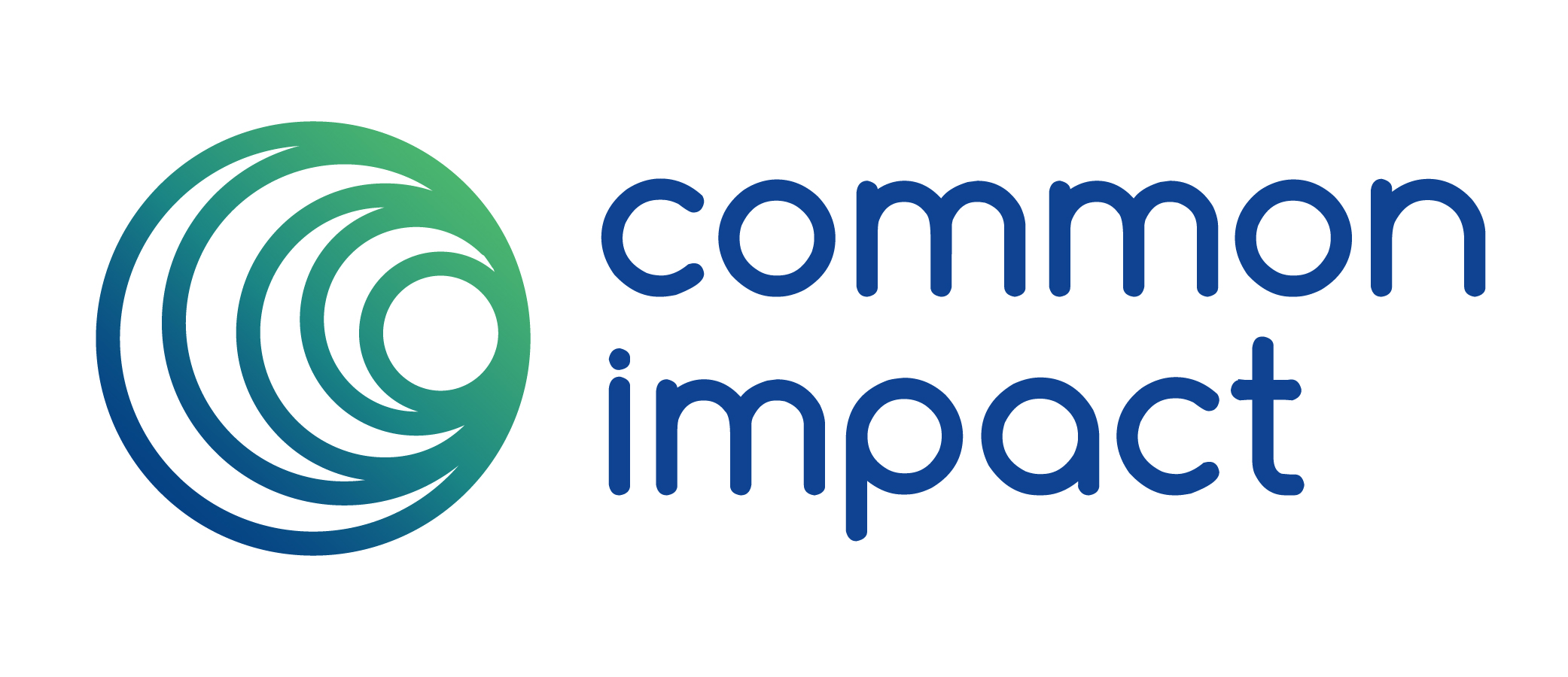Impact Inspirations: Fidelity Investments Enterprise Infrastructure Program
by Kara Boudreau

Impact Inspirations: Fidelity Investments Enterprise Infrastructure Program
by Kara Boudreau, Common Impact
One of the Common Impact initiatives that intentionally works to engage a global and remote workforce is our program with Fidelity Investments Enterprise Infrastructure (EI). Fidelity has created the LEAP program, which is a best-in-class training and development program for high-achieving, recent college graduates. The program is designed to accelerate the skills of graduates to become high-performing technologists at Fidelity. As part of this program, graduates of LEAP who join the EI business unit become actively involved in Common Impact’s skills-based volunteer projects. For six months, they jump in and solve complex technology challenges for nonprofit organizations. Not only do participants grow their technical expertise, they further develop skills such as problem-solving, teamwork, and leadership early in their careers.
Common Impact team member Kara Boudreau interviewed the LEAP skills-based volunteer leaders, Robert McCarthy, SVP and Maureen Manning, Executive Assistant. Below get a glimpse of the conversation:
How does your team engage global LEAP participants in your skills-based volunteering projects? What’s your secret sauce?
When LEAP participants are identified we make it a priority to bring them together. This is definitely our secret sauce and we do it because it grows tremendous comradery. Regardless of their location, we fly all to our North Carolina campus where they are housed for several months. During this time, we create experiences for them to grow and bond as a group. Beyond training and activities, it is here where we introduce the concept of skills-based volunteering. As the program progresses, LEAP participants are assigned into teams where they are introduced to their nonprofit partner for which they will work on a six-month technology project. Over the course of the six-month timeframe, LEAP participants grow as a cohesive team while completing a project for social good. It’s their first taste of cross-sector collaboration.
What are the biggest challenges you face when engaging employees who are decentralized? How do you turn these challenges into positive relationships?
Time difference and rotating shifts are big challenges. With LEAP participants located in both the US and India, finding times that work for all parties can be difficult. To mitigate this, we use video conferencing almost exclusively when LEAP participants are able to schedule times to connect. This gives individuals time to actively engage with each other, the ability to be really present during the conversations and instills affinity.
Another way Fidelity is able to bring together remote LEAP participants is through internal social collaboration sites that are set up for each of the nonprofit projects. The LEAP participants can post documents, have virtual conversations, ask questions – it’s a great way for people to be able to communicate during times that works best for the individual.
Lastly, since teams are still learning about each other, we create icebreakers. Each participant creates personal collages to tell the story of who they are, what inspires them and why they are participating in the program. They often tell stories about what they do outside of work, how they manage work/life balance, and their families. It’s really inspiring to see what drives each individual.
What is the business benefit for integrating remote teams in your projects?
Teaching recent graduates the value of building international relationships. Offshore partners have a lot of respect for each other after experiencing different work styles and cultures, and the true benefit of these diverse perspectives coming together is to build an amazing offering for their nonprofit partner.
It’s interesting to note that through these remote engagements, titles and egos were left at the door. Everyone was onboard to work, connect, and create. This fostered a strong sense of community and value. As a global company, it is important that future associates engage with other employees in different time zones and across cultures to get a real understanding, early in their career, the importance of a diverse workplace and how to further connect and grow as individuals.
Interested in learning more? Join our upcoming webinar on June 10th featuring Robert and Maureen from Fidelity about how to engage global and remote employees in pro bono service and how both companies and nonprofits can maximize the benefits. Register today!

